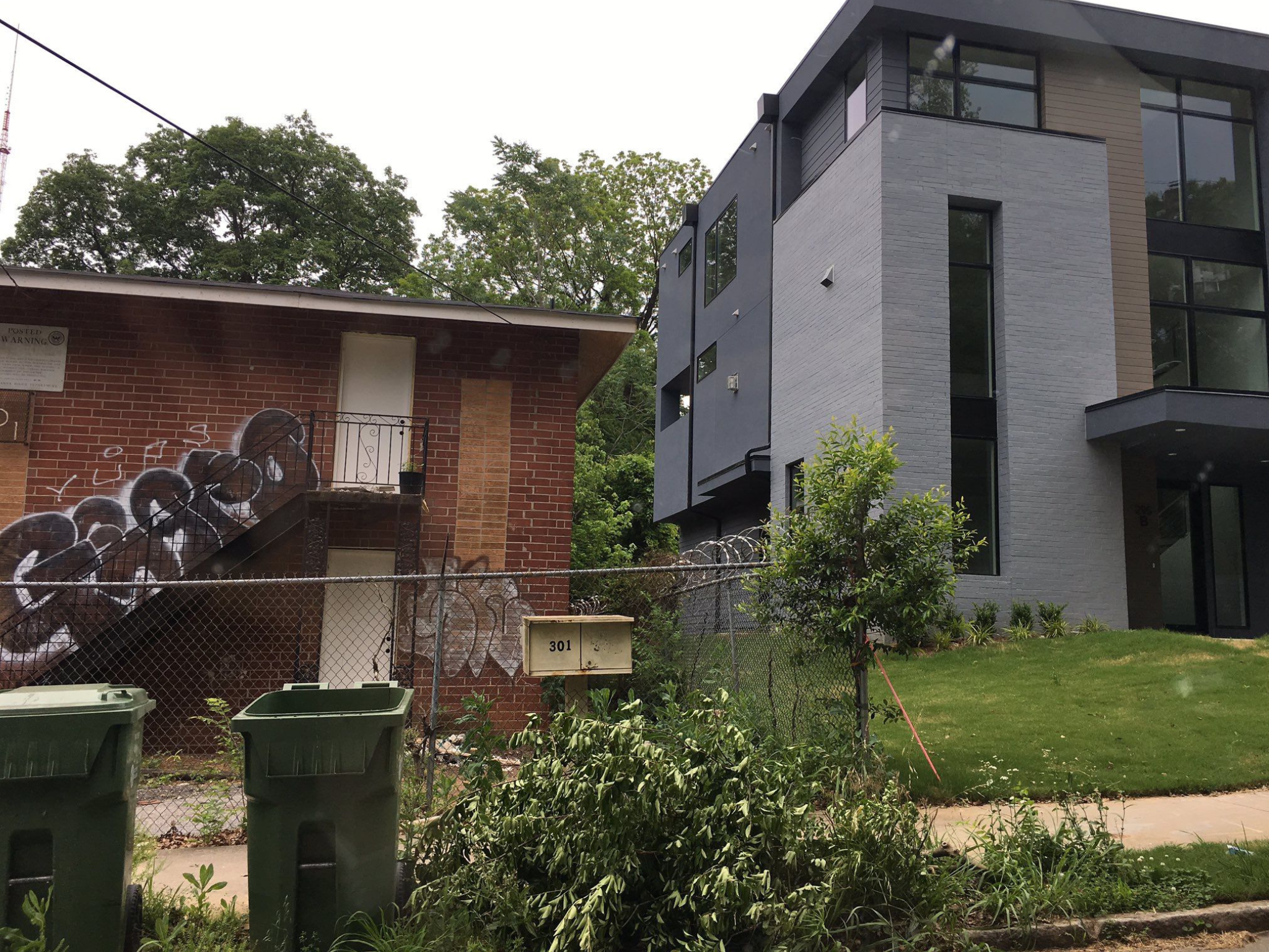Stop Moving to Atlanta: The Cost of Gentrification on the City’s Identity
In recent years, the phrase “Stop moving to Atlanta” has become a rallying cry for many of the city’s native residents. While it’s easy to dismiss this sentiment as frustration over Atlanta’s infamous traffic, the issue runs much deeper. Gentrification is reshaping the city’s neighborhoods, displacing long-time residents, and eroding the cultural fabric that made Atlanta the heart of Black excellence in America.
The numbers tell part of the story. In 2000, white residents made up about 31% of Atlanta’s population; today, that figure has surged to 41%. While white newcomers have flocked to the city, other racial groups haven’t seen the same influx. This disparity highlights how Atlanta has become more accommodating to wealthier, white populations while failing to create opportunities for marginalized communities. Beloved areas like Edgewood, once known for its vibrant nightlife, have lost their charm, replaced by a sterile version of what once was. Meanwhile, historically Black neighborhoods like East Atlanta Village and parts of DeKalb County are witnessing similar cultural and demographic shifts.
This gentrification has come at a steep cost. Alongside rising property values, stricter policing practices have followed white residents into formerly low-income areas. Black residents, who once thrived in these spaces, now face over-policing and racial profiling under the guise of “ensuring safety.” These dynamics criminalize minor offenses, perpetuate systemic inequities, and create environments where Black Atlantans feel less secure in their own neighborhoods.
The economic impact is equally devastating. The city’s housing costs have skyrocketed, pushing low-income families to the brink of homelessness. Native residents struggle to stay afloat as developers tear down homes and businesses, replacing them with parks and trails that raise property values and push locals out. Projects like the Beltline, initially framed as steps toward a “greener” city, have unintentionally become tools of displacement. While the city expands luxury amenities, long-time residents are left behind, unable to afford the new Atlanta.
Even public transportation—a lifeline for many residents—has been neglected. MARTA, Atlanta’s once-promising transit system, has seen route cuts and reduced service, leaving underserved communities without reliable access to the city. Instead of investing in MARTA to connect metro Atlanta to the city, leaders prioritize highway expansions, like adding lanes to I-85, which cater more to newcomers than to native Atlantans who have long demanded better public transit options.
So, what’s the solution? For many residents, it’s simple: stop moving to Atlanta. The city is buckling under the weight of gentrification, and its most vulnerable populations are paying the price. Everyone deserves access to affordable housing and safe communities, but these ideals are slipping further away as Atlanta becomes unrecognizable.
Atlanta’s soul is rooted in its history as a cultural, economic, and social hub for Black excellence. To protect that legacy, the city must prioritize its people over profit. The fight for Atlanta’s future is not just about halting the influx of newcomers—it’s about preserving the spirit of a city that deserves to thrive for everyone who calls it home.

